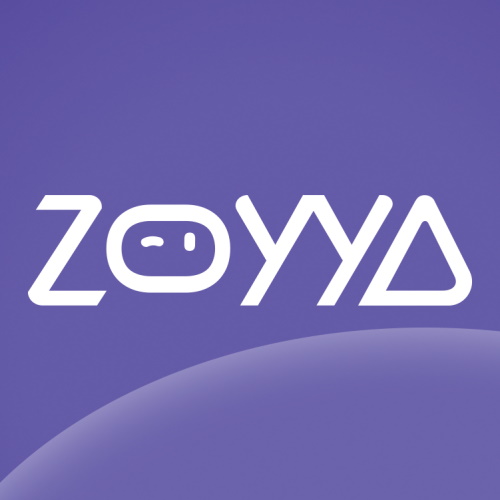| Product | |||
|---|---|---|---|
| Review & Ratings |
No reviews available |
No reviews available |
|
| Description |
Zoyya is an intuitive scheduling software designed to help organizations manage their workforce and appointments efficiently. The platform provides tools for creating and managing employee schedules, tracking attendance, and handling shift swaps seamlessly. Zoyya allows users to view schedules in real-time, making it easy to allocate resources and ensure adequate coverage for operations. The softw... Read more about Zoyya |
Goldie is an all-in-one appointment scheduling software designed to help businesses manage their operations effectively. It offers a suite of features including appointment scheduling, team management, and client management. Goldie enables businesses to send appointment confirmations, reminders, and follow-up messages to reduce no-shows. The platform supports online booking, allowing customers to ... Read more about Goldie |
|
| Free Trial |
Available |
NA |
|
| Starting Price |
$23 Per Month |
$19.99 Per Month |
|
| Category Features | |||
| Other Information | |||
| Deployment | Cloud Hosted , On-Premise | Cloud Hosted | |
| Devices Supported | Web-Based, iPhone, Android, Windows, Linux | Web-Based, iPhone, Android, Windows, Mac, Linux | |
| Pricing Model | Flat Rate | Usage Based | |
| Support | 24x7 Support, Email, Phone, Chat, Knowledge Base, FAQs/Forum | Email, Phone, Chat, Knowledge Base | |
| Target Company Size |
Self-Employed,
Small-Business,
Midsize-Business,
|
Self-Employed,
Small-Business,
|
|

